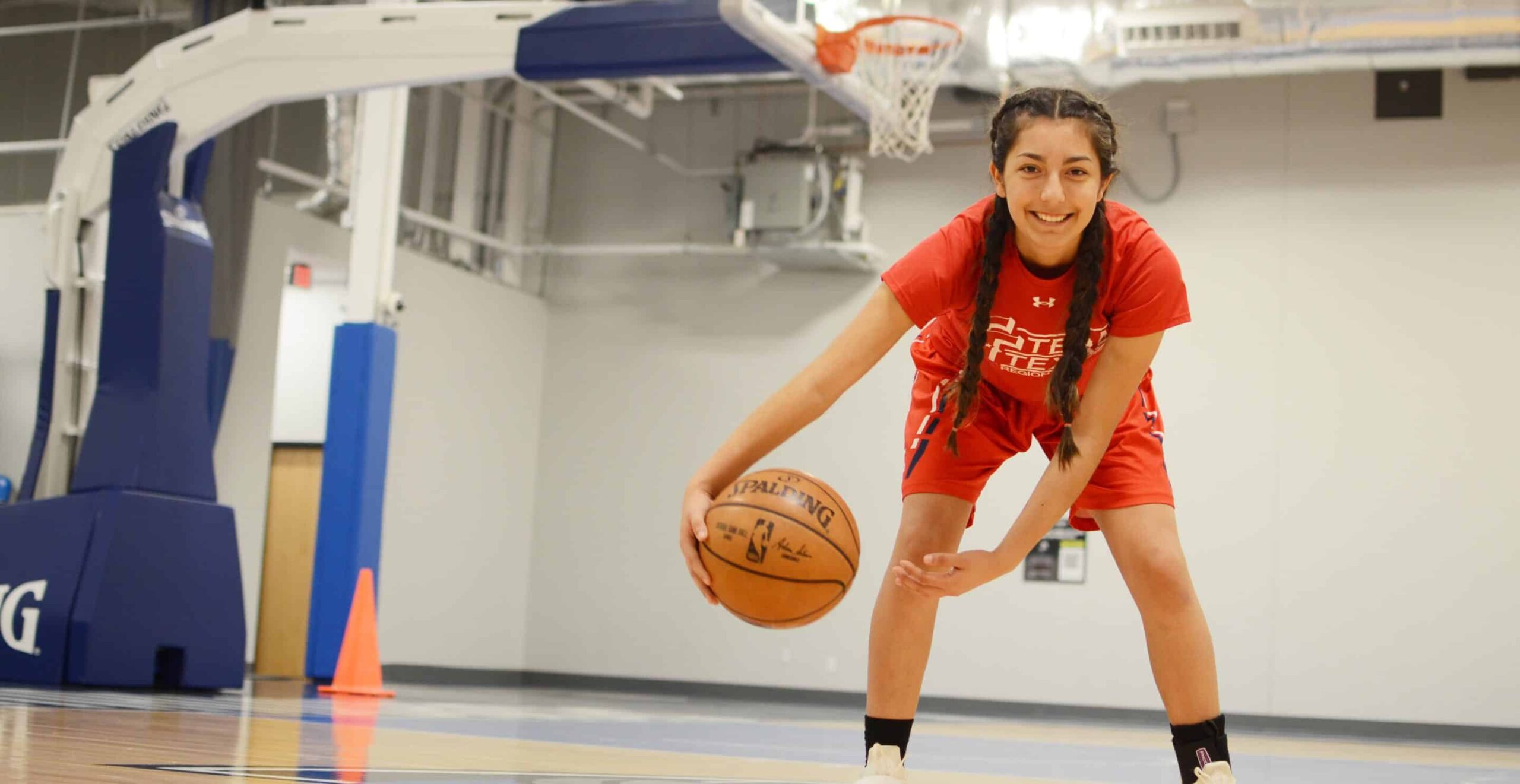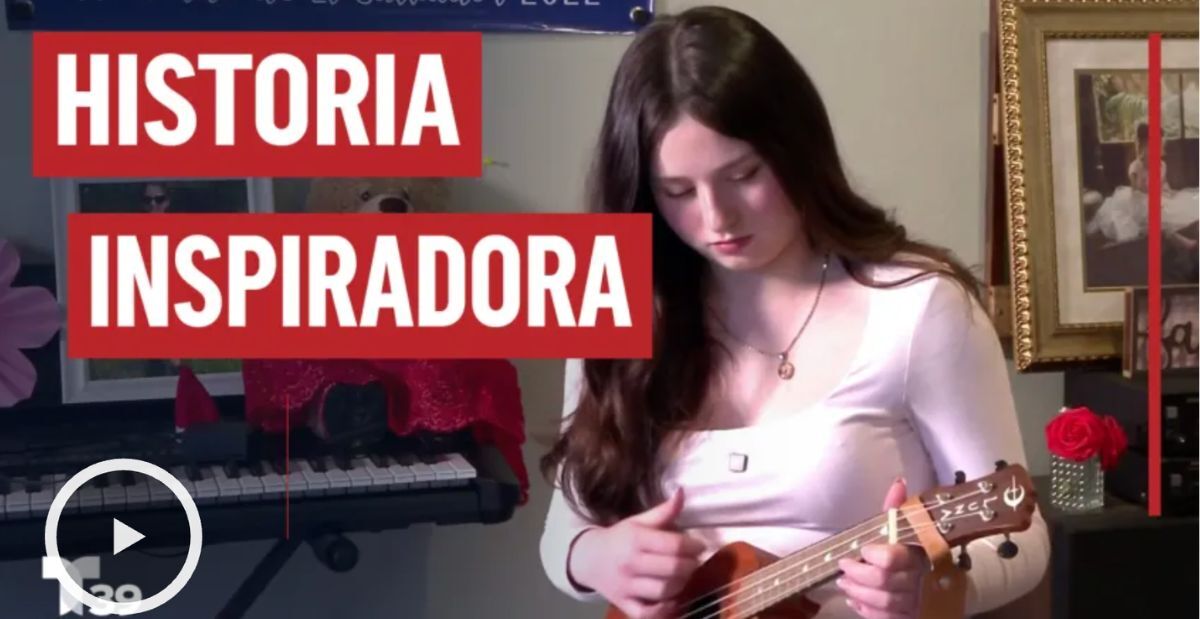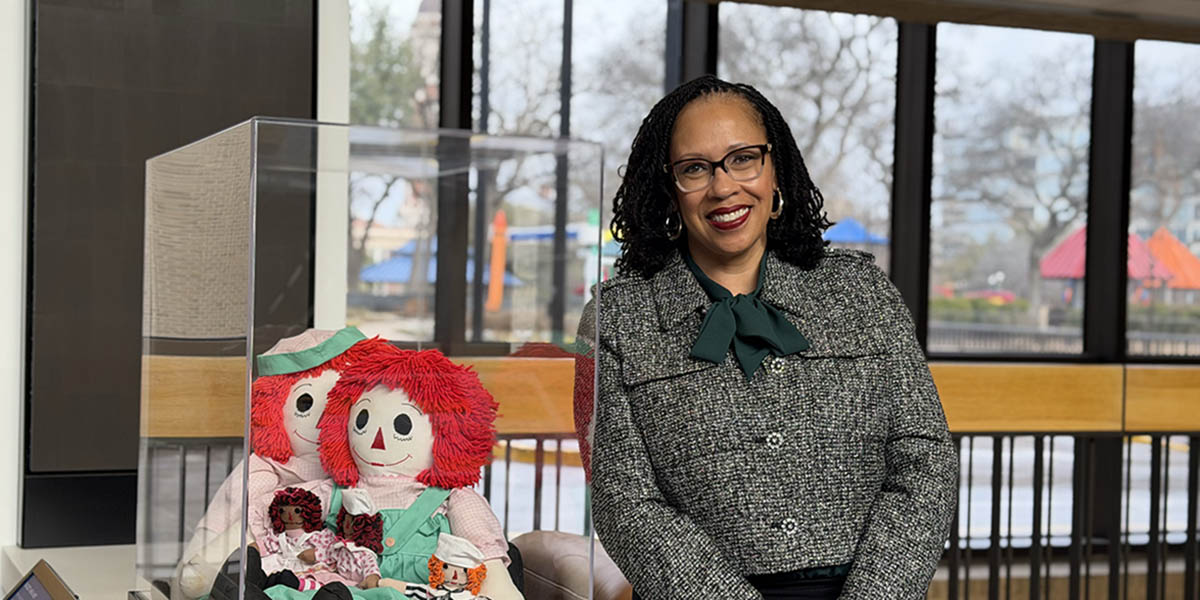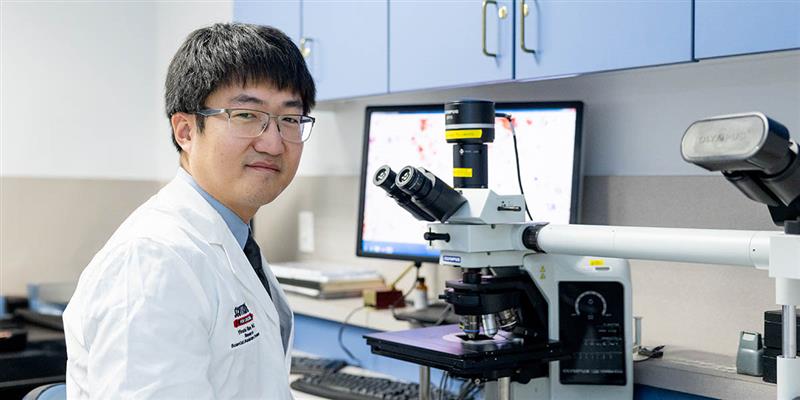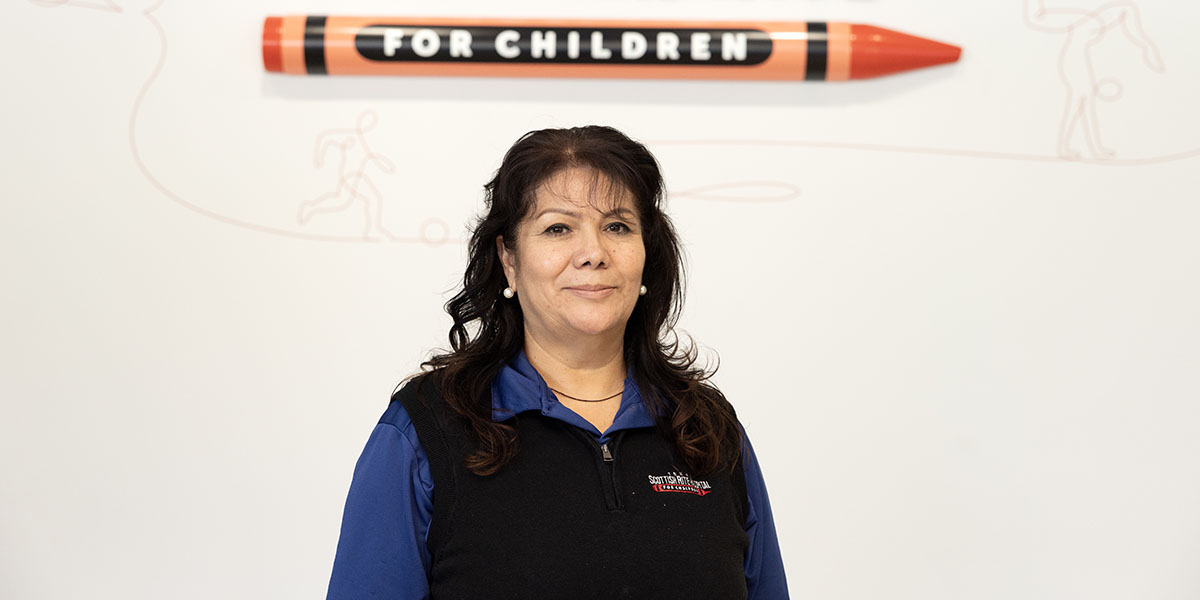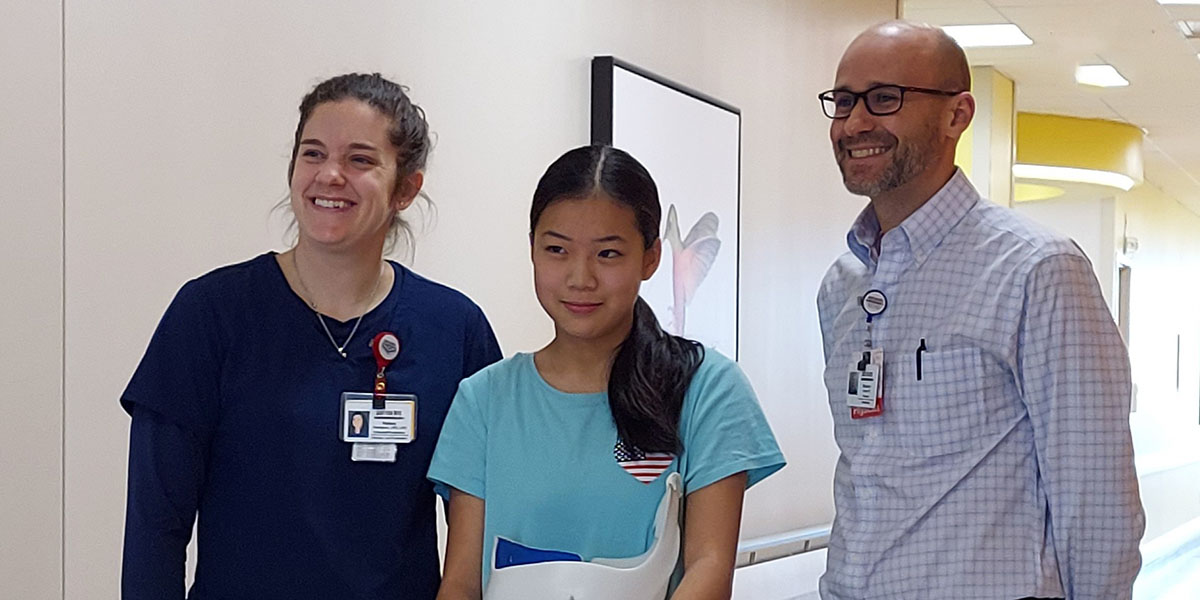When an injury occurs to a young athlete’s bones, ligaments and muscles in their hand, an evaluation is needed. A properly treated hand injury will most likely heal without complications.
In basketball and volleyball, fingers are at an increased risk of injury due to a variety of causes. Some children may snag their finger on a jersey, or others may hang on the rim or net. When an athlete says they have “jammed” their finger, there is concern for a volar plate injury.
What is the volar plate?
The volar plate is a thick ligament, located on the palm side of the finger. It connects two bones in the finger and stabilizes the middle joint of the finger, known as the proximal interphalangeal, which prevents the finger from bending backwards.
What is a volar plate injury?
A volar plate injury occurs when the finger is hyperextended or bent backwards, damaging the ligament. It is also commonly known as a sprained or jammed finger.
In some cases, the volar plate can be stretched and torn, pulling off a small piece of bone. This results in a fracture in the area called an avulsion fracture. With severe injuries, the joint may also be dislocated.
What are the symptoms in the injured finger?
- Bruising
- Immediate pain in the middle joint
- Swelling of the middle joint
- Decreased range of motion
What is the treatment for a volar plate injury?
Fracture Clinic provider Gerad Montgomery, M.S.N., FNP-C, sees and treats volar plate injuries frequently at Scottish Rite for Children Orthopedics and Sports Medicine Center in Frisco. “Treatment for a volar plate injury depends on the severity and can range from a short period of immobilization to surgery,” Gerad says.
With more than 15 years in providing pediatric orthopedic care, Montgomery has learned to warn families of the risks associated with not properly treating this injury. It’s important for families and young athletes to understand that volar plate injuries can worsen to the point of needing surgery without evaluation or treatment from an expert.
When should an athlete return to sports after a volar plate injury?
After a clinical provider has released the athlete to begin exercises, gentle range of motion progressing to strengthening exercises may be recommended. Some athletes may need guided exercise with an occupational therapist. “Before returning to sports, the hand and finger should have full strength and range of motion,” certified hand therapist Lindsey Williams says. “Otherwise, there is a risk of injury to the same or other joints nearby.”
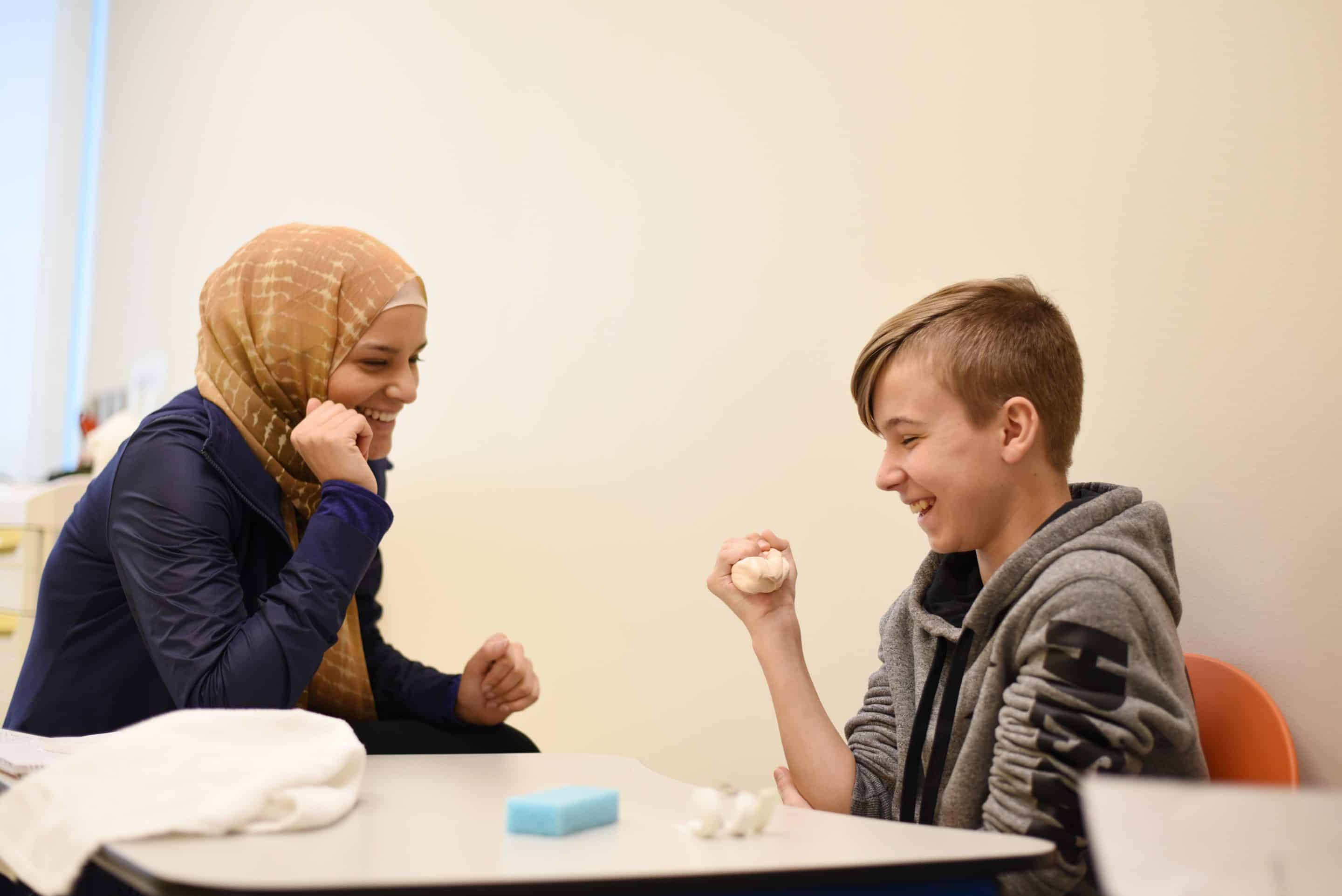
Not sure what to do if your child gets a finger injury? Learn about our Fracture Clinic and Sports Medicine Clinic.


